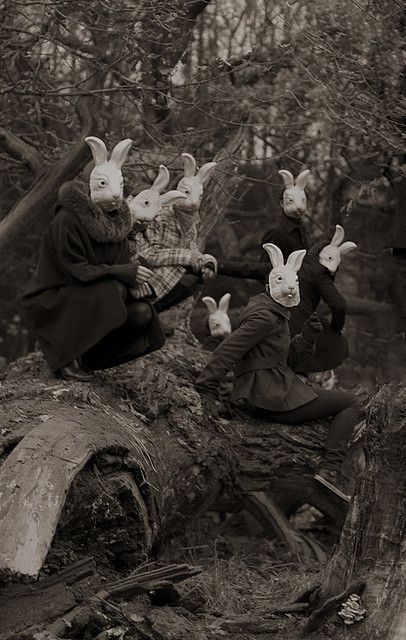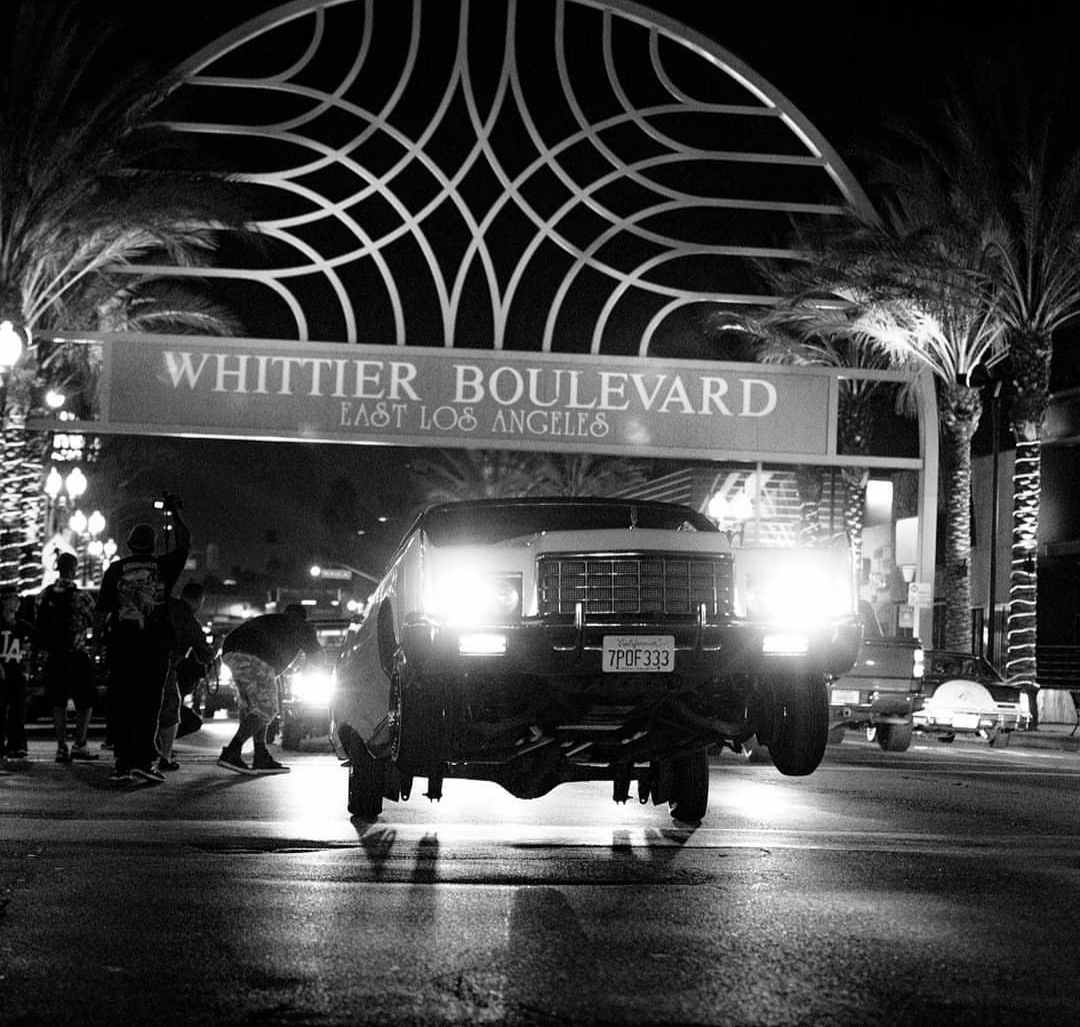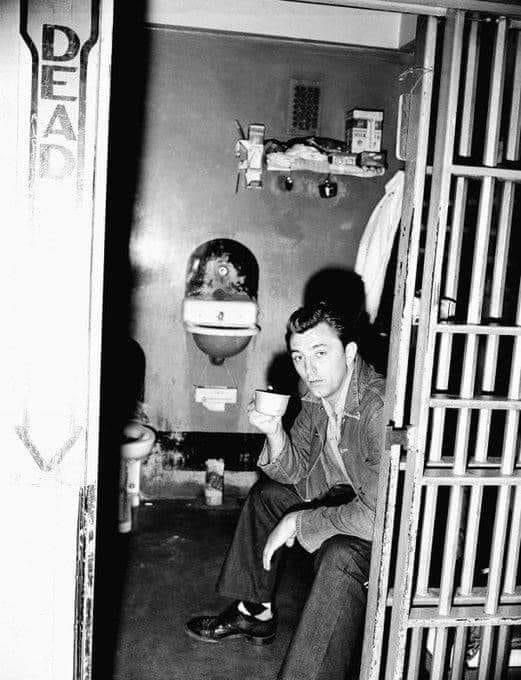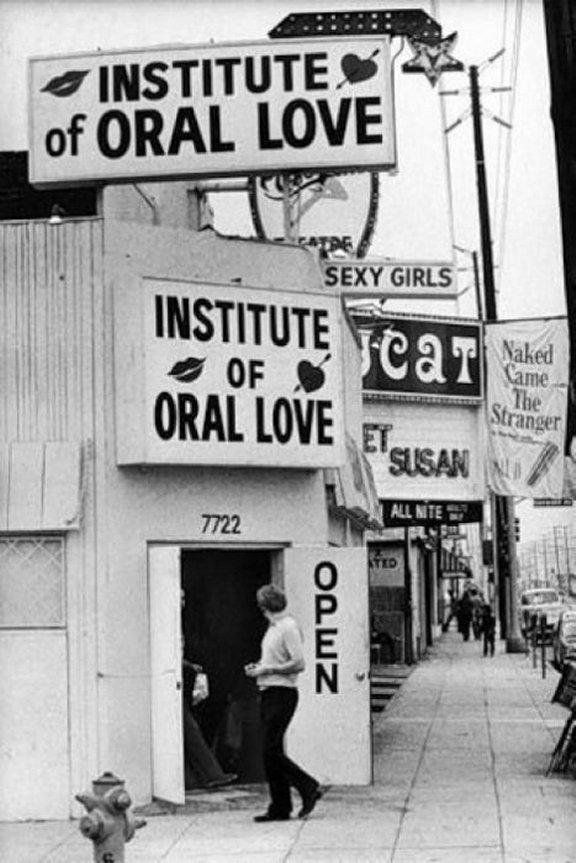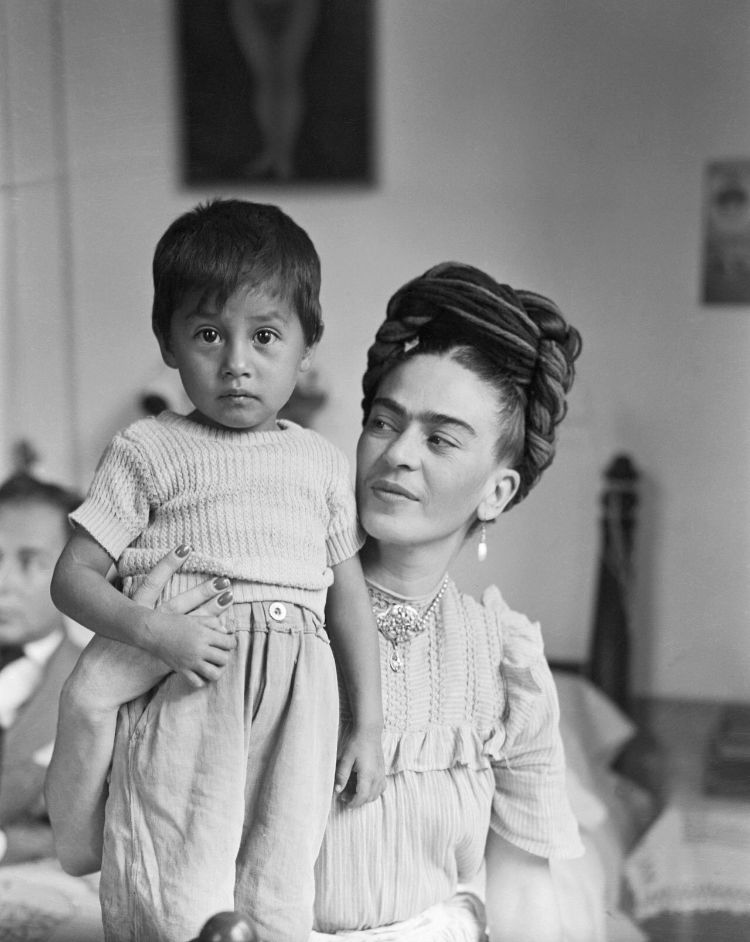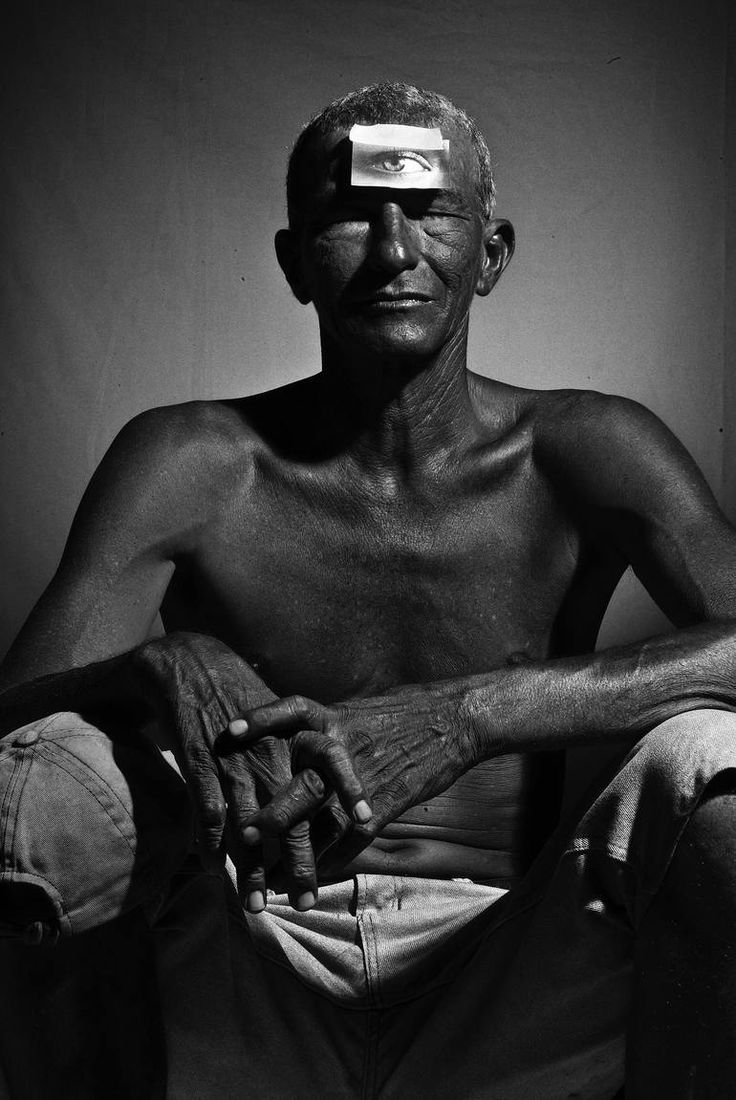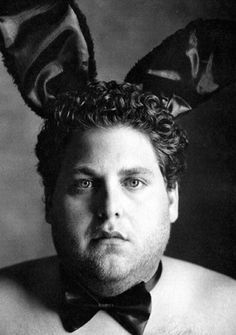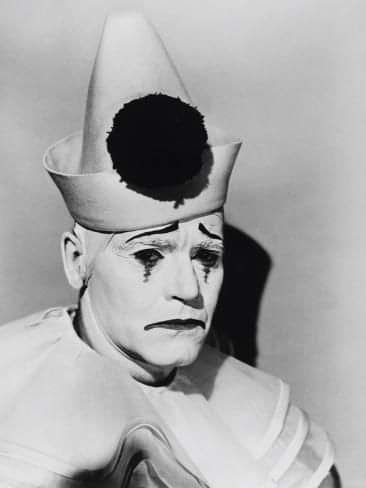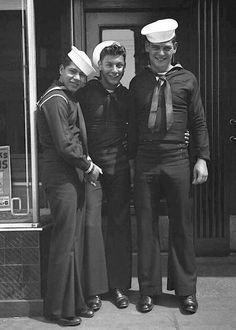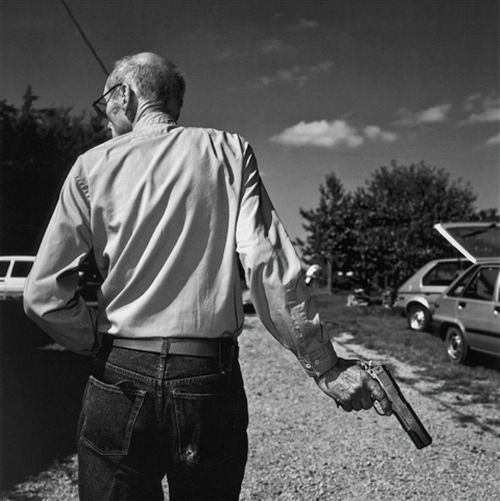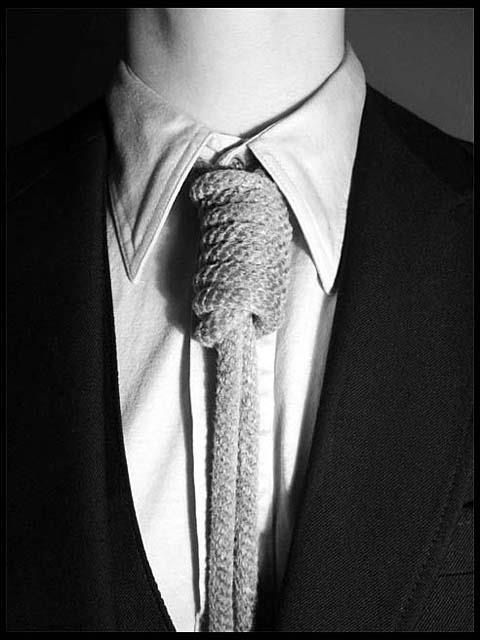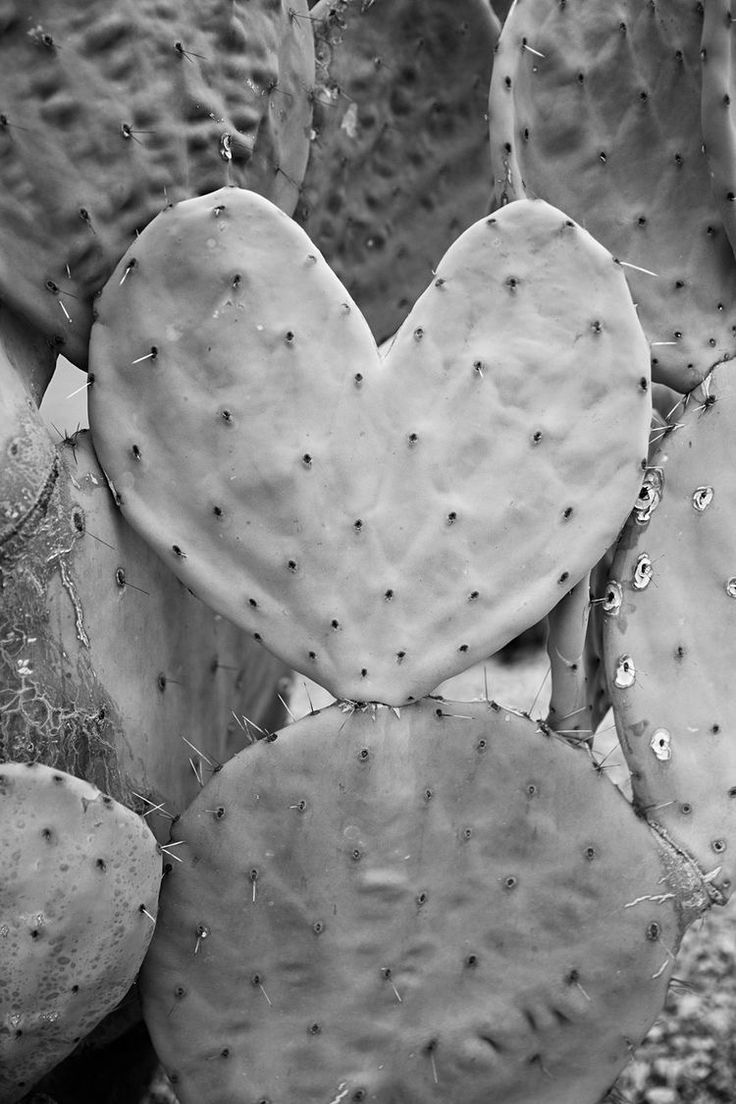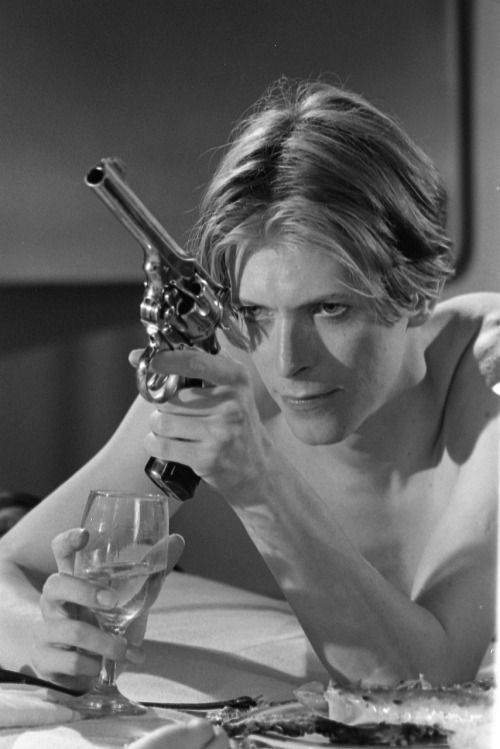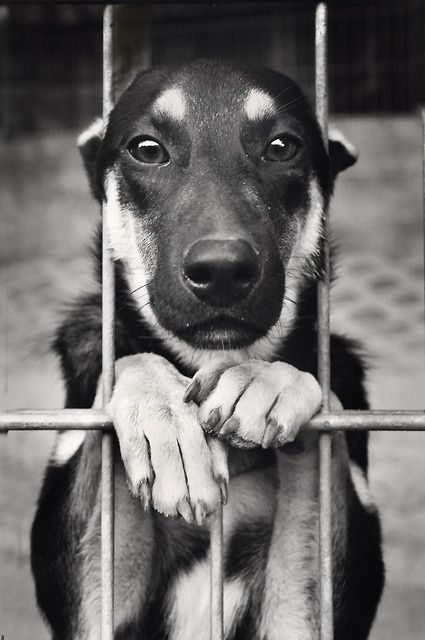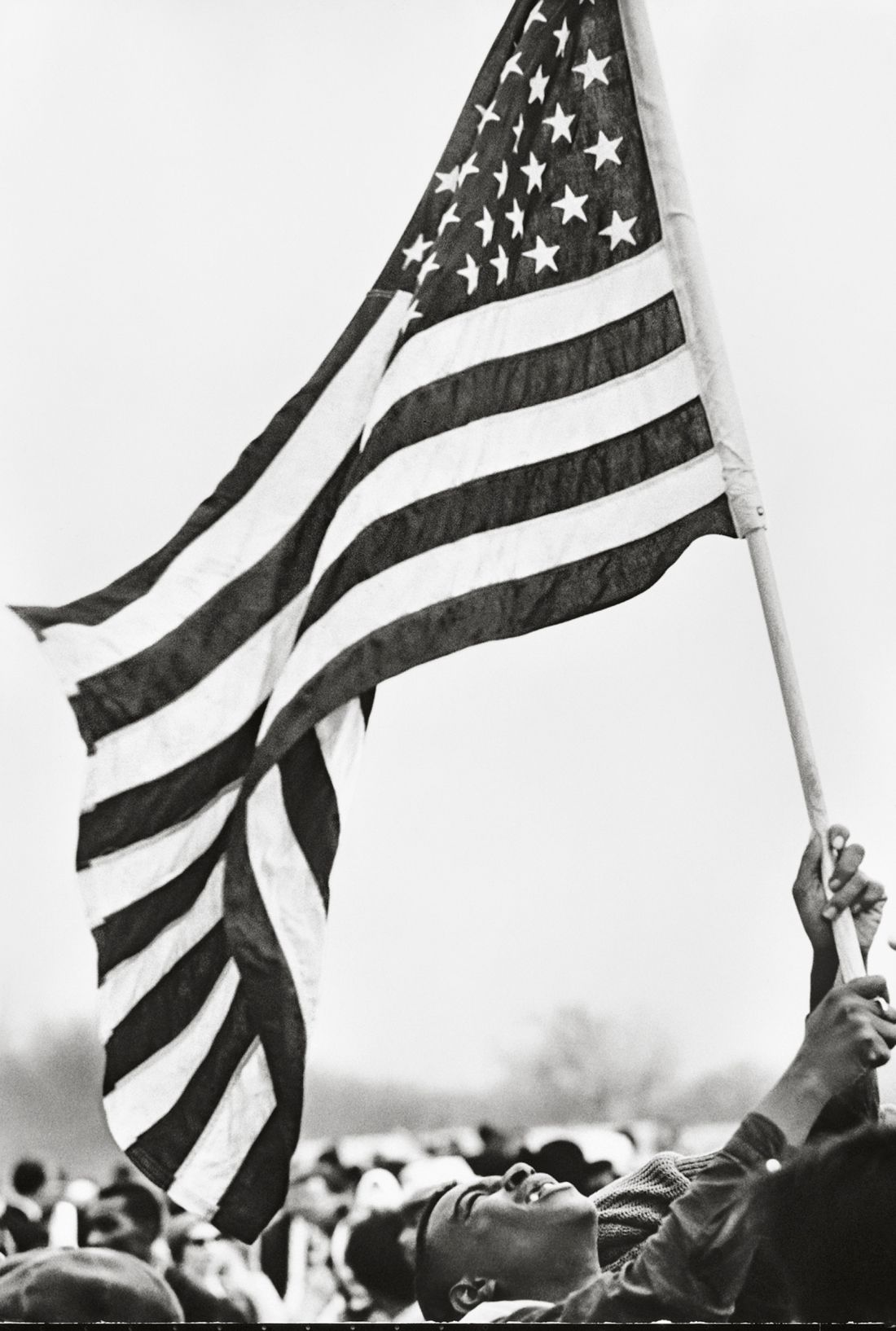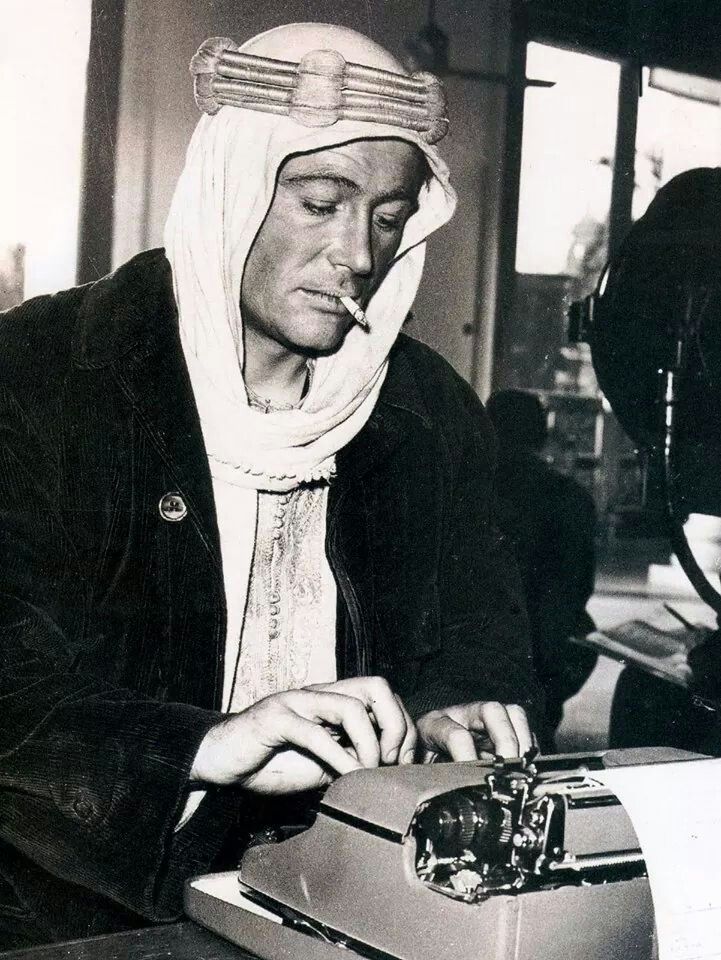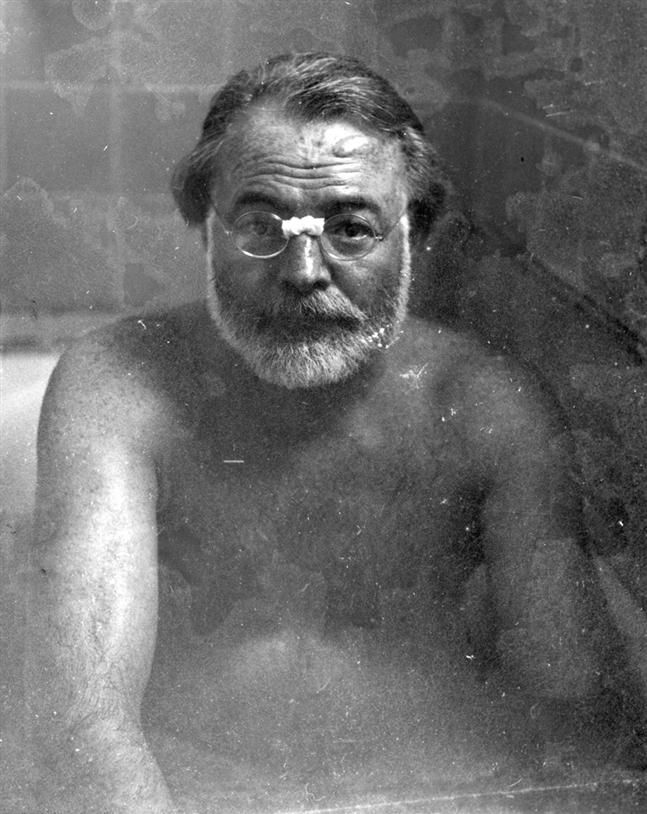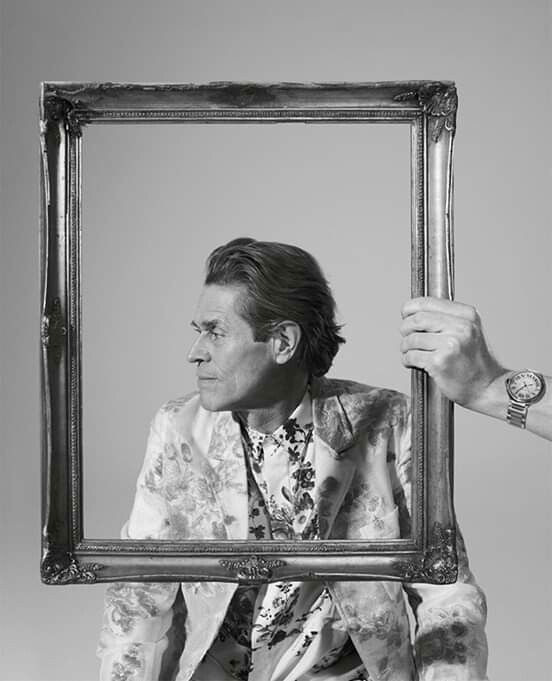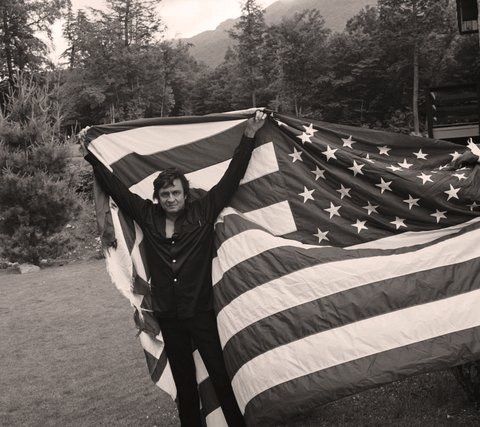My mother was not born angry. She was made that way. Forged in the fires of neglect, betrayal, and a lifetime of being pushed aside by the people who were supposed to love her most. If she lashed out, it was because the world had already taken too many swings at her. If she clung to what little she had, it was because everything she’d ever owned had been stripped away by hands claiming to be holier than hers.
She was born into a family that knew struggle better than comfort. My grandmother—somewhere between 11 and 13 siblings deep—came from an era where family meant survival, but it also meant competition. Resources were scarce, love was conditional, and my mother, as a young girl, got shuffled between homes like a borrowed jacket.
For a brief, golden moment, she found refuge with Uncle Brown—a charming gringo, a Coast Guard veteran who had married one of my grandmother’s sisters. He and his wife took my mother in, showered her with affection, gave her the attention she had never known. She was the center of their world.
And then, one day, she wasn’t.
Without warning, she was sent back, her place in their home given to her sister. No explanation. No transition. Just a door that had once been open, now closed. That was the moment she learned: love could be revoked.
Back in her mother’s house, she was pitted against her sister like some cruel social experiment. Her sister—the one with Elizabeth Taylor’s beauty—was the shining star, the one who married well, the one who made the family proud. My mother, meanwhile, carried the weight of rejection like a stone in her chest. And then came the final twist of the knife: she found out they didn’t even share the same father.
My grandfather, Johnny, was only her sister’s father. My mother? She was something else. Something less. The moment she learned the truth, the lines were drawn—her sister belonged to Johnny, and my mother belonged to my grandmother.
She never forgot it.
It wasn’t just a family—it was a hierarchy, and my mother was at the bottom of it.
Her sister, now comfortably wealthy with her blonde-haired Marine husband and their pristine, church-going children, used religion as both a weapon and a shield. When my mother’s marriage crumbled, when she was left with nothing, struggling to put food on the table, her sister didn’t extend a hand. She offered a sermon. “You need to find Jesus,” she told my mother, as if faith could fill an empty stomach.
When Uncle Brown died, my mother thought—just for a second—that maybe something would finally go her way. That maybe, just maybe, she would get something back for all she had lost. But before his body was cold, her sister had stripped his home of anything valuable. His boat? Gone. His radio equipment? Gone. Even the furniture was picked clean like a carcass in the desert.
And the car? My mother needed it. Desperately. It would’ve given her a fighting chance. But instead, her sister gave it to her own daughter—because blood, to her, only flowed one way.
History repeated itself when my grandfather died. His house, his belongings, his money—my aunt took control of it all. The inheritance was divided among those she deemed worthy. My mother? Not a single cent. Not a piece of furniture. Not even a damn photo album.
And yet, my aunt still clutched her rosary, still went to church every Sunday, still spoke about kindness and honesty as if she weren’t the very embodiment of hypocrisy.
It wasn’t my mother who was the villain. It was the people who had molded her into someone who had to fight for scraps.
She was fierce, but she had to be. She was bitter, but who wouldn’t be? She didn’t trust easily because the people who should have protected her had spent a lifetime proving they wouldn’t.
But underneath all of that, there was love. A raw, messy, complicated love.
I see it now.
Every stolen steak she brought home with a swapped price tag wasn’t about greed—it was about making sure we ate well, even when we had nothing. Every time she dragged us to the beach on a random weekday, skipping school, it wasn’t about irresponsibility—it was about giving us moments of happiness before the world had a chance to beat them out of us. Every time she screamed, every time she fought, every time she made herself impossible to ignore—it wasn’t because she was heartless. It was because she had been ignored for too long.
She was not perfect, but she was a product of the world that built her. And in the end, she did what she could with what she had.
That’s more than most people ever do.
Author’s Notes:
You spend a lifetime painting someone as the villain, the source of all the rot. And then one day you look at the whole ugly picture and realize she wasn’t the artist. She was just the goddamn canvas.
Your mother wasn’t born angry. She was made. She was forged in a fire of being second-best, of being the kid who got shuffled around. That story about Uncle Brown’s house, that’s the key. She finds a moment of peace, of being the “center of the world,” and then, poof, it’s revoked. They send her back without an explanation. That’s the first lesson she learned: love isn’t a guarantee; it’s a temporary pass that can be canceled at any time.
Then, finding out the man she thought was her father wasn’t her father at all? That just sealed the deal. She was officially an outsider in her own damn family. A guest with the wrong bloodline.
And her sister, the one with Elizabeth Taylor’s beauty and the rich Marine husband? She sounds like the real piece of work. A goddamn hypocrite of the highest order. Offering Jesus to a starving woman. Clutching her rosary while she strips a dead man’s house clean and cuts her own sister out of the will without blinking. That’s a special kind of poison.
So you look back at your own childhood with that in your head, and it all looks different, doesn’t it?
The stolen steaks she brought home… that wasn’t just grocery store fraud. That was her screaming to the world, “They might think we’re trash, but my kids are eating filet mignon tonight.” It was a desperate, ugly act of dignity.
The days she pulled you out of school to go to the beach… that wasn’t irresponsibility. That was her trying to give you a moment of pure, stupid happiness before the world had a chance to beat it out of you, the way it had been beaten out of her.
And the screaming, the fighting, the making herself impossible to ignore? It wasn’t because she was heartless. It was because she’d spent a lifetime being ignored, and she’d be damned if she was going to be silent anymore.
So yeah, my thoughts are this: your mother wasn’t a saint. Christ, no. She was a goddamn disaster. But maybe she was a disaster of their making. And in the end, she did what she could with the broken, rusty tools they gave her.
And in a world like this, sometimes just surviving is more than enough.

